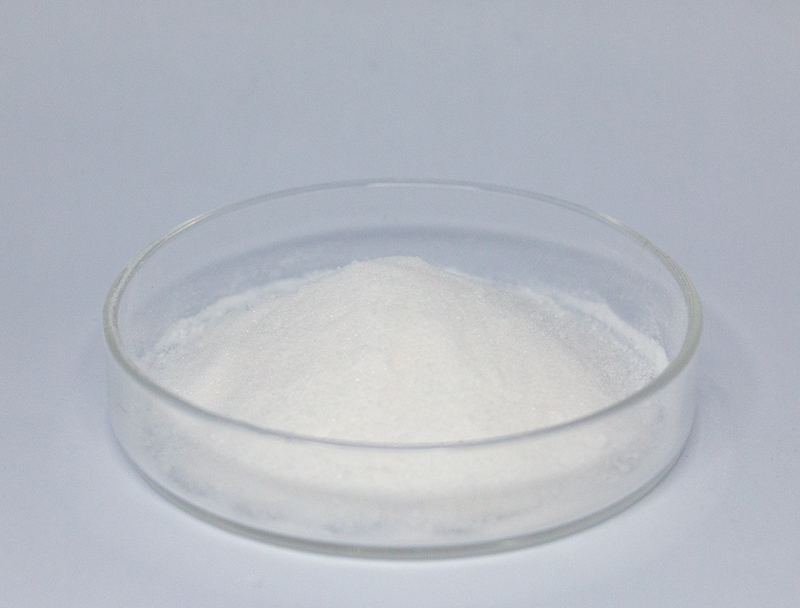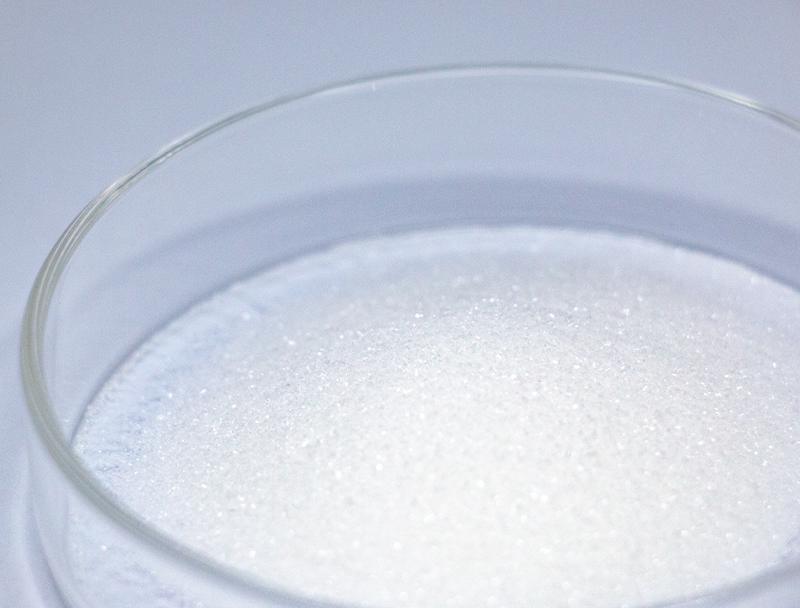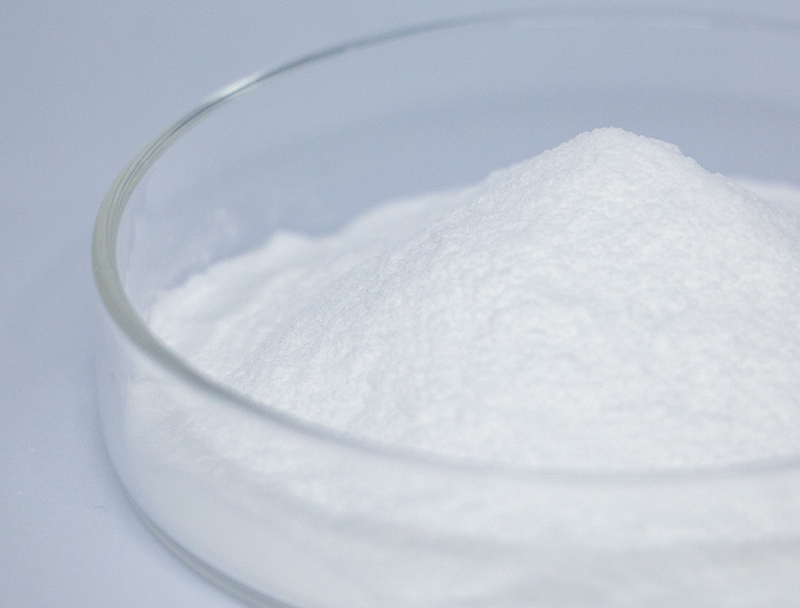
Biotech manufacturing draws predominantly from a substantial range of base components for fabricating next-generation bio-products.
Safeguarding long-term supply of raw inputs dictates persistent stability and principled industry advancement.
an array of drawbacks from conventional supply chains for instance pollution and systematic depletion of reserves. Hence, stakeholders must deploy sustainable supply practices to minimize environmental costs.
- Illustrations of eco-conscious sourcing involve:
- Adopting organic-origin materials from crop remnants
- Adopting looped production models to decrease loss and amplify reuse
- Teaming up with provincial partners who practice sustainable procurement
The transition to greener sourcing offers both planet-friendly outcomes and business advantages.
Enhancing Biomass Composition for Superior Biofuel Results
Raising biofuel yields involves refining feedstock structure and content. Research teams persist in studying techniques to boost feedstock performance, delivering enhanced conversion and a more resilient energy mix. Programs combine genetic improvement for biomass productivity with conversion technologies to access fermentable substrates.
- Additionally, researchers are focusing on identifying new sources of biomass, such as algae, waste products, agricultural residues, to expand the range of sustainable feedstocks available for biofuel production.
- Owing to ongoing work the biofuel domain is primed to reach substantial milestones advancing renewable energy adoption.

Optimizing Early-Stage Biomanufacturing Processes
represents the initial stages of biopharmaceutical manufacturing, encompassing all steps from cell culture and cell harvesting Ongoing innovations have accelerated process enhancement leading to greater yields.
Crucial progress includes proprietary cell systems, optimized growth media, and adaptive bioreactor architectures. The improvements increase output while decreasing cost structures and sustainability impacts.
- Similarly, continuous process trends grant superior flexibility and refined control across production stages.
- Transitioning to refined production methods has the potential to overhaul the industry and expedite new treatments.

Gene Editing Breakthroughs That Elevate Biopharma Output
innovations in genome-editing toolsets have enhanced biopharmaceutical manufacturing. With exact genomic alterations, researchers improve host productivity for therapeutic manufacture. This approach holds immense potential for developing more efficient and affordable biopharmaceuticals to address a wide range of diseases.
Leveraging Microbes to Tackle Environmental Pollution
cutting-edge microbial approaches that remediate contamination sustainably. Specialized microbes can enzymatically degrade pollutants to reduced-toxicity products.. Harnessing microbe-based degradation fosters cleanup tactics that minimize environmental disruption and residual waste.. Scientists evaluate varied microbes for potential to remediate metal contaminants, pesticide compounds, and oil-derived pollutants.. Microbial strains work in bioreactor settings or on-site applications to convert pollutants through biological pathways..
The use of microbial biotechnology in bioremediation offers several advantages over conventional methods. These methods are economical and eco-conscious while reducing hazardous secondary waste. Likewise, microbial systems can selectively degrade contaminants while sparing the wider environment. The field of microbial biotechnology continues to advance rapidly, with ongoing research focused on improving the efficiency and effectiveness of bioremediation strategies.
Leveraging Bioinformatics for Novel Therapeutics
Bioinformatics techniques are integral to present-day therapeutic development workflows. From target discovery through candidate optimization, bioinformatics facilitates streamlined, hypothesis-guided workflows.
- Through evaluating comprehensive genomic, proteomic, and clinical data, teams detect novel targets and predict drug action.
- Additionally, simulation tools enable prediction of binding and activity, guiding creation of more potent drugs.
- Finally, bioinformatics is revolutionizing the drug discovery and development process, accelerating the time to bring safe and effective treatments to patients in need.
Synthetic Biology Routes for Elevated Bioproduct Synthesis
employs a variety of strategies to augment the synthesis of valuable bioproducts within microorganisms. These strategies can involve genetic modifications to optimize metabolic pathways, regulation of gene expression, and the introduction of novel genes to confer new capabilities.. Through strategic metabolic edits practitioners can markedly increase the synthesis of target products.
This multifaceted approach has the potential to revolutionize a broad range of industries, including biopharmaceuticals, agriculture, and bioenergy.

From Lab to Plant: Challenges and Opportunities in Biomanufacturing Scale-Up
Industrial-scale production introduces demanding hurdles as well as strategic advantages. Keeping consistent product performance at elevated volumes is a significant challenge. Overcoming this requires advanced process control, continuous monitoring, and sensitive analytical platforms.

A further difficulty lies in process complexity, with many interdependent production phases.. Reengineering workflows for mass production involves rigorous R&D and inventive technology deployment.. Nevertheless, the upside can be significant. Successful scaling up can lead to increased access of life-saving therapies, reduced production costs, and enhanced profitability.
Numerous initiatives aim to tackle these scaling challenges. Initiatives involve optimization platforms, high-resolution analytics for process control, and novel manufacturing frameworks.
- Product development and process R&D are pivotal to boosting production capabilities.
- Authorities are revising processes to enable faster clearance of manufacturing innovations and encourage progress.
Aligning Biomanufacturing with Regulatory Standards for Patient Safety
Engineering biologic therapies includes robust governance to assure patient safety and measure effectiveness. Biologic therapeutics bring unique regulatory and manufacturing demands unlike traditional pharmaceuticals.
Bodies like FDA and EMA shape the regulatory landscape and set benchmarks for evaluating innovative therapies..
Thorough testing frameworks are compulsory during all stages of development including after β-Nicotinamide Mononucleotide market release.. These measures aim to identify potential risks and guarantee that biopharmaceuticals meet the highest levels of safety..
In addition, regulatory entities adapt their frameworks to stay current with rapid research and technological developments.. Actions include accepting new technologies and streamlining development channels while safeguarding patient health.

Evaluating Plant Biomass for Bioplastic Production
The growing need for sustainable materials has led to a surge in research and development of renewable options. Plant-origin feedstocks converted into bioplastics create promising opportunities for eco-friendly materials. Biomass sources such as cornstarch, cellulose, and sugarcane are usable to produce plastics that biodegrade and reduce ecological impact.
Moreover, bioplastics can mirror key properties of fossil-derived plastics and fit diverse application needs.. Ongoing R&D is essential to scale plant-based bioplastics and realize circular economic benefits.
Biotechnology's Potential to Transform Health and Food Supply
Biotechnology has emerged as a powerful tool with the potential to revolutionize global health and address food security challenges. Applying targeted genetic edits, synthetic biology frameworks, and cellular therapeutics, practitioners produce measures to address infectious disease, boost harvests, and upgrade nutritional content.. As an example, crop genetic improvements for pest and stress resistance help boost production and cut dependence on chemical pesticides.. Similarly, biotech contributes advanced vaccines, antimicrobial strategies, and diagnostic techniques crucial for infectious disease management and health advancement.. As innovations mature, biotechnology can provide meaningful contributions toward global health and resilient food supplies for future generations.
